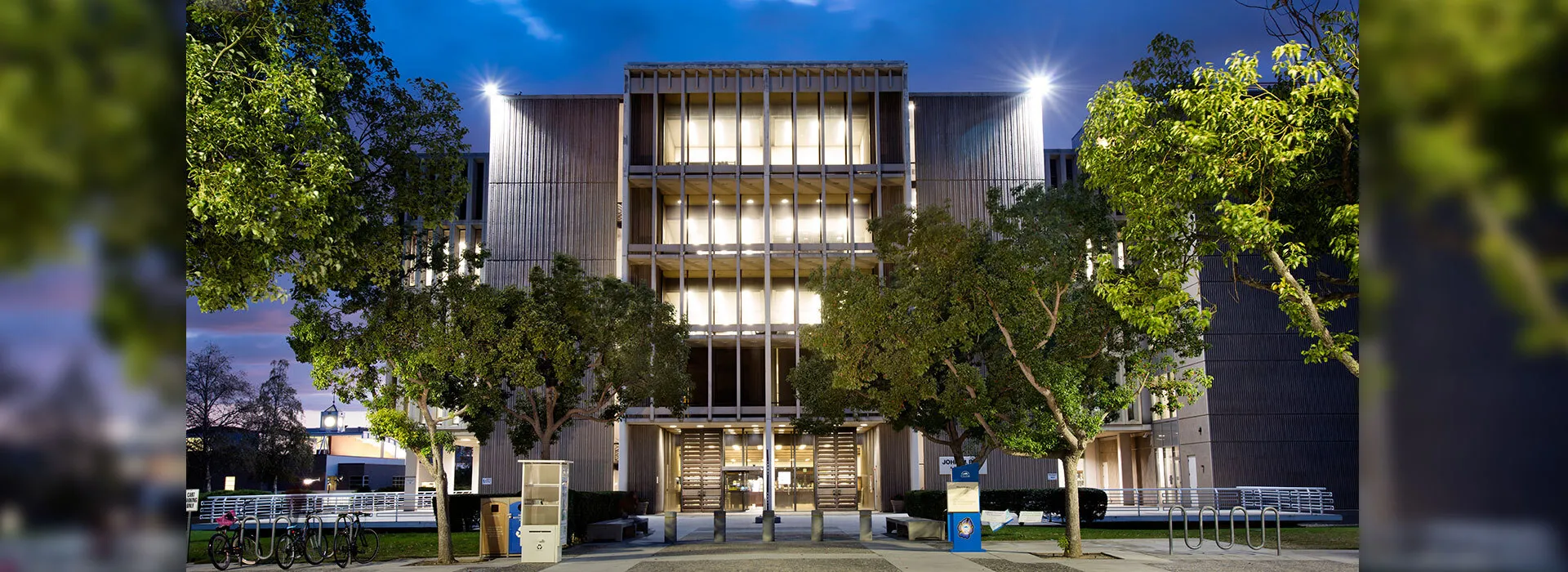
NOTE: This is an intermittent feature highlighting CSUSB faculty who are mentioned in the news. Faculty, if you are interviewed and quoted by news media, or if your work has been cited, and you have an online link to the article or video, please let us know. Contact us at news@csusb.edu.
As the presidential campaign and election has left some relationships frayed, New York Magazine published an article featuring Kelly Campbell, a CSUSB associate professor of psychology, which focused on how people form friendships, often at first sight.
How that happens is actually a compilation of several smaller judgments, explained Campbell, a nationally recognized expert on relationships.
“What are the things we care about in a friend? We care about someone who’s going to be fun, that we can enjoy ourselves with … You need emotional support, social support, you want then to be loyal and trustworthy, you don’t want to feel judged,” she said. “When you first see the person, you don’t realize how many judgments you’re making, but you’re actually gathering information that’s telling you if this person fills those needs for you.”
The entire article, published on Nov. 15, 2016, may be read at “Just like falling in love, we can form friendships at first sight.”
News media continue to seek out criminal justice professor Brian Levin, director of Center for the Study of Hate and Extremism, to help them interpret the latest FBI crime report that showed hate crime on the rise against Muslims in the U.S.
One of the flaws of the FBI report, Levin said, is that many law enforcement agencies either under report or don’t report hate crimes. Read more in ProPublica’s article, “Hate crimes are up — but the government isn’t keeping good track of them.”
One place, however, where that doesn't seem to be happening is in Phoenix, Ariz. “The data-collection efficiencies are all over the map,” Levin told the Arizona Republic. “Many states do not do a good job at collecting data, and that’s not a problem that we have in Phoenix. I think this is testament that their law-enforcement is professional and well-trained.”
Levin said the issue boils down to what is causing the increase: better reporting from Phoenix police or an increase in hate crimes?
“I think the answer is both,” he said. That article may be read at “Phoenix reports hate crimes spiked in 2015.”
KPCC, the Southern California public radio station, talked to Levin about reports of hate crimes in Los Angeles County in the wake of the Nov. 8 election. Some say the election of Donald Trump as president has emboldened white supremacists groups and others to act out more, although he did not endorse such groups or encourage hate crimes. Many of these groups supported Trump’s campaign, which, among other things, called for the ban of Muslims from entering the U.S, and for a wall to be build along the U.S.-Mexican border to prevent illegal entries from Mexico.
'These folks regard Mr. Trump as giving them a wink and a nod,' Levin said. That article, published on Nov. 15, 2016, may be read at “LA County officials receiving reports of hate incidents following election.”
And the website Broadly asked Levin about the Southern Poverty Law Center’s tracking of hate crimes after the election day. He says the SPLC report offers 'a very good barometer about which groups are being attacked and what the general trends are.'
That article, also published on Nov. 16, 2016, can be read at “Hate crimes have surged in the week since Trump’s win, new report says.”